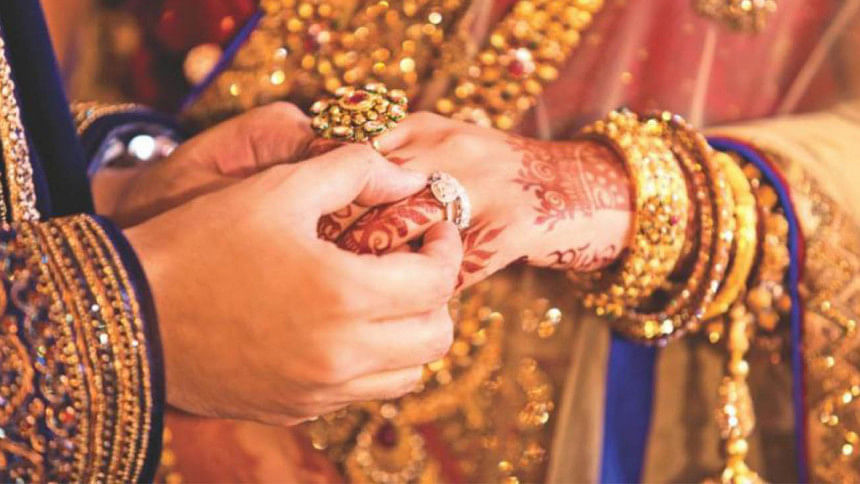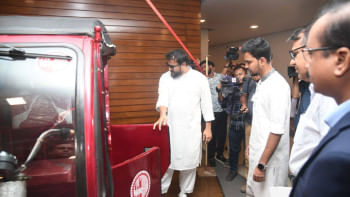A path full of obstacles

We need a uniform family law for all religions and women, which governs marital and inheritance rights as well as rights that ensure self-guardianship, regardless of religion.
Even though mahr or dower is allowed in the Islamic family law, women face layers of obstacles to actually get it. At the same time, they get deprived of their paternal property, leaving them with nothing.
Mahr is a gift of cash or wealth that is given to the bride upon her marriage by the husband's side, as part of obligations of the marriage contract.
Speakers said this at a virtual discussion on the challenges to obtain mahr, organised by Manusher Jonno Foundation (MJF) and Madaripur Legal Aid Association.
Mahr or denmohor is important in a scenario where women still do not get paternal property, they said.
They also demanded a family law that will be uniform.
"We need a uniform family law for all religions and women, which governs marital and inheritance rights as well as rights that ensure self-guardianship, regardless of religion," said Dr Debapriya Bhattacharya, eminent economist at Centre for Policy Dialogue.
"If a woman does not have other rights, she will never be able to realise the right to mahr," said Dr Bhattacharya.
While I recognise that many women need mahr to restart their lives after divorce, I dream of a day when equality exists and women do not need mahr.
Dr Shahnaz Huda, professor of law at Dhaka University, said the law allows women to receive mahr, but in certain sections of the society, it is men who take dowry.
"Brothers will tell sisters that they have been given mahr during marriage, so they cannot have any claims on paternal property. The women do not have any control over this dowry," said Dr Huda.
Women have to wait for years on end for courts to settle mahr related cases before they can get the amount they are entitled to, said Dr Abdullah Al Faruque, law professor at Dhaka Universirty.
"The arbitration council should be empowered to deal with mahr related cases," Dr Abdullah said, adding that village arbitrations usually award women less money than formal courts.
Speakers also said that the time limit for filing dowry related cases should be withdrawn as soon as possible.
"While I recognise that many women need mahr to restart their lives after divorce, I dream of a day when equality exists and women do not need mahr," said Shaheen Anam, executive director of Manusher Jonno Foundation, at the discussion.
Fazlul Haque, who heads Madaripur Legal Aid Association, also spoke at the event as a special guest, among others.

 For all latest news, follow The Daily Star's Google News channel.
For all latest news, follow The Daily Star's Google News channel. 



Comments